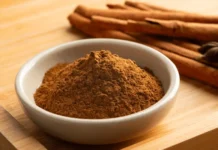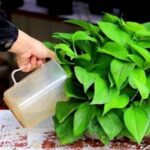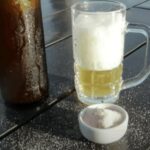First: Use Leftover Beer to Water Plants
Beer is rich in protein, and when combined with CO2 in the air, it can produce beneficial microorganisms that act as a substitute for pesticides. After parties or gatherings, instead of discarding leftover beer, you can use it to water your plants. Beer not only provides nutrients to the plants but also helps repel and kill harmful insects, especially slugs. It’s a great way to protect your garden.
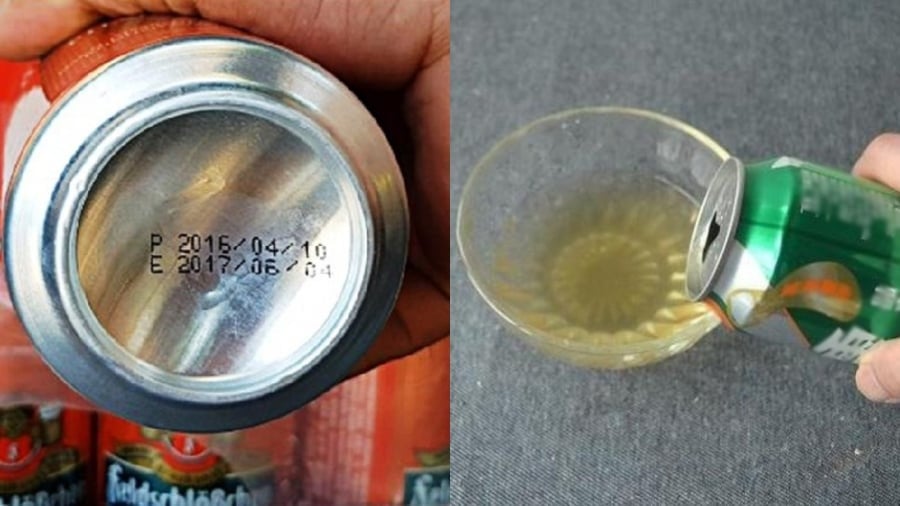
Beer, when combined with CO2, can produce beneficial microorganisms that act as a natural pesticide.
Second: Utilize Cooked Vegetable Water
The water used to cook vegetables is packed with nutrients beneficial to plants. After cooking your veggies, let the water cool down, and then use it to water your plants. This water (without salt) is a great source of nutrition for your flowers and vegetables. You can also use other types of wastewater, such as water used to boil eggs or milk, for this purpose.
Note: Always let the water cool down before watering your plants to avoid heat shock. Avoid using water with spices or salt as they can negatively affect the growth of your plants, causing leaf drop or wilting.
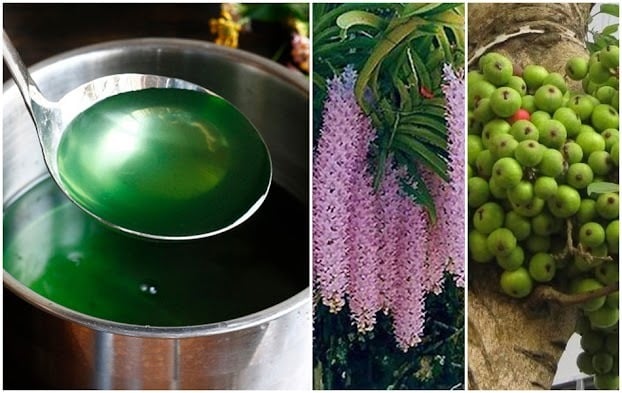
Cooked vegetable water contains many beneficial nutrients for your plants.
Third: Fish Tank Water for Houseplants
Water from a fish tank is not just ordinary water; it contains fish waste, which is a rich source of nutrients for houseplants. Fish waste can help your houseplants thrive and bloom beautifully throughout the year, saving you money on fertilizers. Watering your houseplants with fish tank water provides essential nutrients, resulting in lush, green leaves and promoting flowering.
If you’re new to houseplants, you might find this suggestion unusual. However, for experienced plant enthusiasts, fish tank water is like a “magic potion” for their green friends.
Fourth: Expired Milk to the Rescue
Fresh milk is packed with nutrients beneficial to plants. If you have milk that has passed its expiration date and is no longer suitable for consumption, don’t throw it away just yet. Milk can be an effective watering solution, helping your plants thrive and grow strong.
Dilute the milk with water in a 1:1 ratio and pour it around the base of your plants. If you have any leftover diluted milk, you can put it in a spray bottle and spritz it onto the leaves. Avoid pouring undiluted milk directly onto the plants to prevent waste.
Fifth: Embrace the Power of Rainwater
Rainwater, absorbed from natural sources such as rivers, lakes, and ponds, is an excellent choice for watering your plants. It contains various trace elements and is free from impurities, promoting better root growth and flowering in your plants.
When collecting rainwater, use a covered container to prevent mosquito larvae growth. Rainwater is slightly acidic and helps prevent soil compaction. It’s an efficient and cost-effective choice for daily watering.
beer-will-my-breath-be-alcohol-free/’ title=’How Long After Drinking a Beer Will My Breath Be Alcohol-Free?’>How Long After Drinking a Beer Will My Breath Be Alcohol-Free?
The Ultimate Duck Soup: A Single Ingredient for Tender Meat and a Flavorful Broth
Alongside the familiar favorites of ginger boiled duck, roasted duck, and grilled duck, let’s explore a simple yet delicious way to prepare duck that keeps the meat tender, juicy, and flavorful. Introducing Beer-Boiled Duck – a unique twist on a classic dish that will tantalize your taste buds and leave you craving more. With a subtle blend of flavors, this mouth-watering delicacy is sure to impress and satisfy even the most discerning palate.




